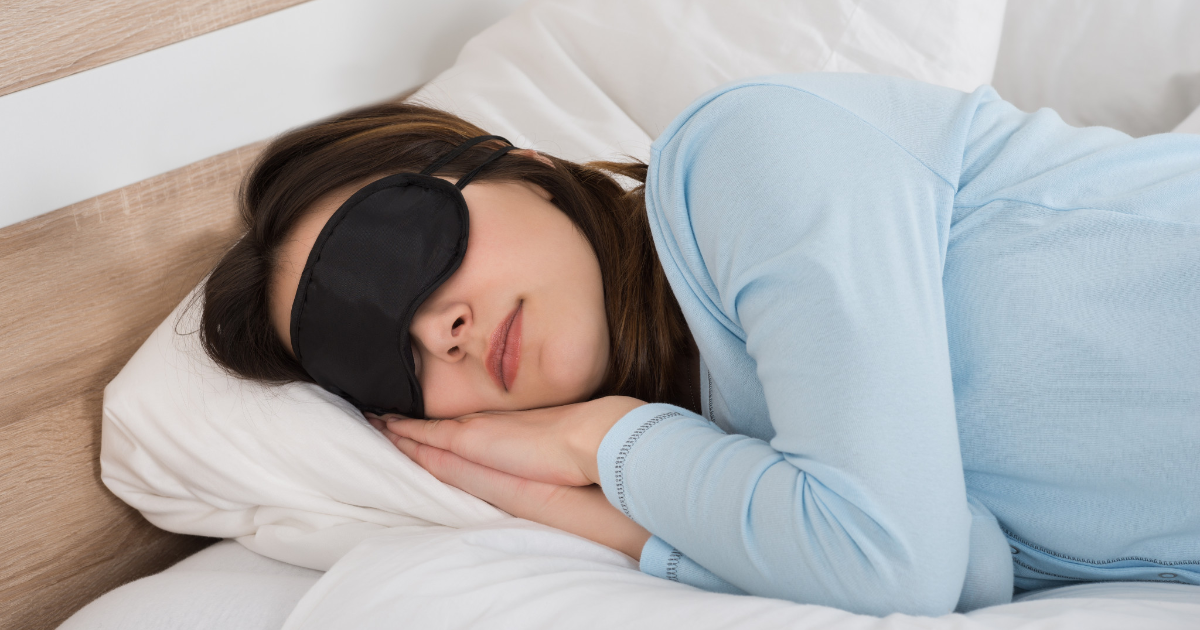
Sleep quality matters.
Nothing beats starting the day full of fresh energy and a good night’s sleep is the only way to do so. This is why we at Onsight put together three of our top tips backed up by medicine to help you slumber:
1) Spend energy to gain energy
Did you know that 30 min of light to moderate cardio during the day improves sleep quality just as well as an over the counter melatonin supplement? But there is no better way to reset your bioclock than to do 3-5 min of intense exercise as soon as you wake up. Cranking out pushups just after getting out of bed may seem like a challenge, but you may be surprised how effortless your mornings may become.
2) Manage your lights
Our sleep wake cycle is in part controlled by the hormone cortisol and the most reliable way to control the cortisol cycle comes from our age old friend – the Sun. Well at least it used to be the Sun until humans came up with artificial light, but don’t let Edison spoil your day. But this isn’t just about going to bed when it gets dark! The first thing I would do is download f.lux for your computer if you love to browse the web before going to bed and if that doesn’t improve your sleep than removing all the LED and other lights from where we sleep. F.lux will take out the blue hue from your screen, stopping the light from fooling your brain that its still daytime.
3) Eat well
For me personally, this has been the biggest one of them all. We all know that high carb meals are not great for us (especially if we are watching our weight) but high carb foods are absolutely devastating for keeping our blood sugar in check and can undermine our nightly sleep. So keep your last meal low carb and avoid any sugars and that alone may solve your insomnia. More importantly if you find yourself waking up in the middle of the night, try eating a tablespoon of peanut butter (no sugar of course) or coconut oil just before going to bed. It will help stabilize your sugar and stop you from getting up.
Still not satisfied with your sleep? There are a lot of factors that influence sleep and lifestyle choices that change your cortisol cycle and sometimes it takes a professional to navigate all the factors. Talk to us and we promise to help.
Dr. Nick Predtechensky is the author of this post. He may be reached at DrNick@OnsightChiro.com.
